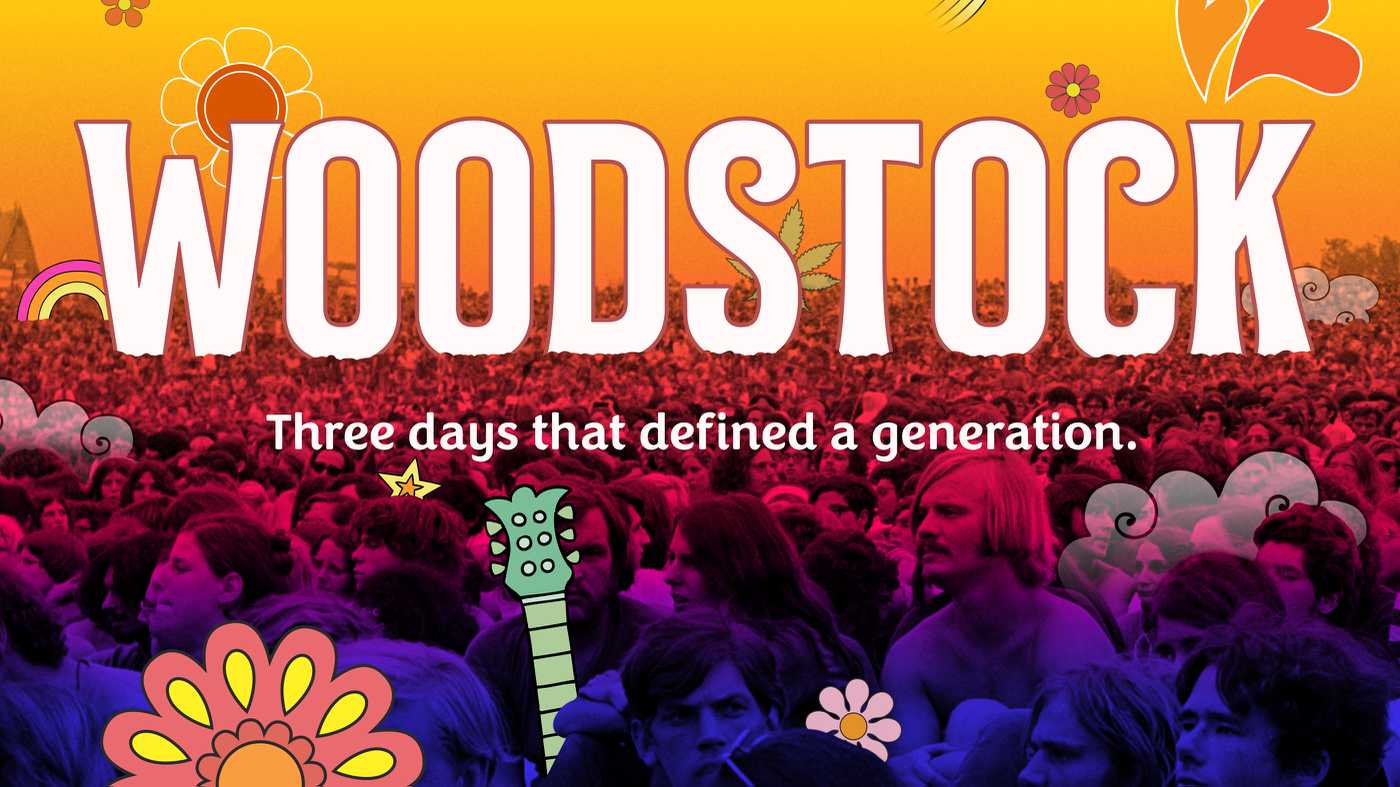The PBS British import How Sherlock Changed the World proved to be as fascinating as it was entertaining.
I thought it would be a rather thin tie-in for the modern Sherlock Holmes series. But that is only mentioned here and there.
Instead, it featured real life forensic scientists, from the modern day all the way back to the Holmes era, whose work was directly inspired and at times specifically influenced by Conan Doyle’s fiction and Holmes’ methods of detection. And it includes many specific and sometimes infamous crime investigations, some quite recent. How Sherlock Changed the World, turned out to have much more substance than the first ten minutes suggests.
As much as I love the stories and novellas, I had no idea that Doyle’s Holmes stories were so influential on real life criminal investigation. I never took into account how much the content of the stories was really science fiction, predicting real world realities and at times directly influencing it. For example, the first Holmes story begins as he discovers a test to identify hemoglobin even when the blood stains are very old. That did not occur in real life for another six years, and it was reputedly directly inspired by Doyle’s story.
More than that, the men considered the founders of forensics and criminalistics (criminology) where both inspired to begin their work after reading the exploits of Sherlock Holmes. Even the systematic investigation of human gate and locomotion championed by Holmes wasn’t brought to bare on a real criminal case until 2001(!)
While I had heard something like that before, I had no idea that the first manual on modern criminal investigation, written by jurist Hans Gross in Austria sometime after 1906, used Holmes as a role model. The first forensic lab was established in France around the same time, by Dr Edmund Locard, another Holmes fan, although Holmes’ England didn’t actually get a forensic lab until 1935. Locard is considered the father of modern forensics and the patriarch of all CSI practitioners today, who still adhere to his founding principals.
The coolest stuff in How Sherlock Changed the World is seeing the real life scientists today, among the most celebrated in their fields, from blood spatter specialists and shoe specialists, to those running investigations, like Connecticut’s Henry Lee, who started on the force when they were still beating confessions out of people as the first method of closing cases, but who is now using Holmes’ methods to win convictions, or in some cases exonerate wrongly convicted people.
When it comes to production value, the usual reenactment of Holmes, Watson, and LaStrade is at times a bit too presentational, but the young actor portraying the sleuth was more than sufficient, and the occasional reflection by modern CSI practitioners on the the BBC’s contemporary series should increase the downloads on Netflix and Hulu – and you will not be disappointed if yours is among them.
But even during the years when Holmes stories were being written, they were leading directly to real life investigators changing their methods, and they give a couple of examples, including the experiment inspired by a particular story that led directly to the science of studying human pores inside fingerprints to more securely make IDs and discount possible fake prints.
It makes me want to read the stories again.
It will likely be replayed soon, so check your local listings if you are interested in seeing it. Or find it on line.
Running time: 2 hours
And for those of you interested in the Great Detective himself, I cannot recommend highly enough the unabridged audiobook versions, expertly read by a terrific actor, which are available for download at no charge through Project Gutenberg.
And that is one man’s word on….
How Sherlock Changed the World
And tsk tsk Channel 13 and PBS. The end of the program says I can learn more on line about How Sherlock Changed the World, but I just spent 30 minutes on the national and local site and have learned nothing, as I could find nothing, other than what can be gleaned from your press release from January.
